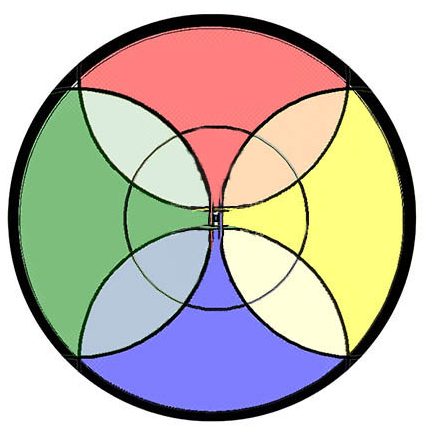- Speaking truth to power.
- An economy based on the well being of people and environment, rather than GDP.
- Supporting creative flourishing as a basic human capacity and need.
Are you drawn towards these things? Set aside some time to reflect on them in this talk.
The new testament collection of books is a record of the working out in practice of the idea that when religious institutions are silent or distracted, God is still moving and inspiring. Or perhaps at this time of year, Jesus would say that the harvest is plentiful but those who work at harvesting are too few. *
Why is that in our place and time? I love history and heritage, but compare the ceremonies that accompanied the olympics in London or the commonwealth games in Glasgow with how the church of England presented itself at the Queens funeral. There was evidence of spiritual growth keeping pace with history unfolding, but it was hidden behind King James’s translations and victorian showmanship that Monty Python ineffectually satirised when I was a child.
Do you love God’s earth? While we sing harvest hymns, people are gluing themselves to things as an act of passive resistance protesting against the systematic exploitation of the environment by the privileged few.
Do you have a heart for the lost? Some church elders and vestries are still discussing the moral appropriateness of what consenting, committed, adults call marriage. Meanwhile hate mail is being pushed through LGBT+ letter boxes and community groups are sewing blankets to keep pensioners warm in beds left cold by politicians wedded to profiteering from carbon fuels.
Whilst church congregations are striving to preserve their experience of comfort and normality, artists, social entrepreneurs, and those who live in the fringes, are seeking radical creative solutions.
Our christian tradition spans centuries of change. We have access to the heritage of recording God at work, creating, that reaches back even further into pre history. This should be fertile soil to nourish the roots of creative solutions. What is preventing people from taking root?
Do you recognise the prophesy, healing, and freedom from captivity in my introductory list?
In what ways are you working as the invisible church, and where do you see God’s spirit at work outside the building s and communities we call church?
Do you want the congregation you come from to grow, or to see “The kingdom come” through new language, practices, and in places foreign to you?
What does an invisible harvest look like?
*(Various reasons for the current scarcity of workers in UK fields have been proposed: the consequence of farmers betraying locals by employing cheap international labour, persecution of traveller communities, Brexit blocking European migration for work, locals unwilling to work long hours for low pay, cheap imports of fruit by supermarkets from places with less protection for workers – meanwhile the fruit rots in the fields while people queue at food banks).



One reply on “Invisible Church”
I found Jimmy Paul very inspiring, with a clear vision of what is possible when people start believing that “we are the economy”. It’s not about rich people’s money, it’s about ordinary citizens looking out for each other and caring enough to notice each other’s needs.
When we listen to each other’s stories we learn new ways of understanding how to live in God’s world.